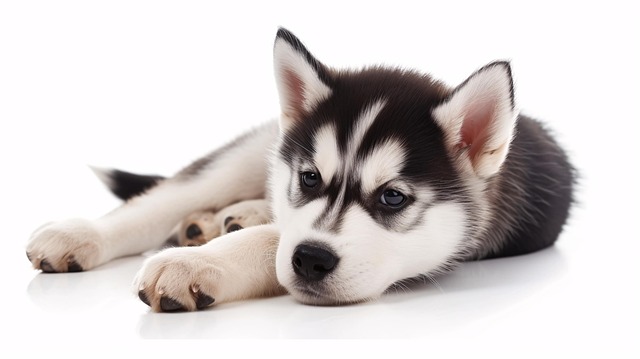
How do i train my dog to be obedient?
Watching your dog dart across the park ignoring your calls isn’t just frustrating—it can put them at risk near busy streets or public spaces.
Playing with your dog doesn't require a single toy—just a little creativity and the willingness to meet them on their level. Start with the basics: a good old-fashioned game of chase, but let them be the pursuer. Dart away slowly, then pause to let them "catch"you, rewarding their effort with a belly rub or excited praise. Most dogs live for this kind of interaction, and it works in any space, from a small apartment to a fenced yard.
Use your body to spark their instincts. Crouch down and wiggle your fingers near the floor like a curious critter—many dogs can't resist pouncing, turning it into an impromptu game of “hunt the hand” (keep movements gentle to avoid nipping). For larger breeds, a game of gentle tug with a dish towel (avoid rough fabrics that might fray) taps into their need to grip, satisfying that same drive a rope toy would.
Household items can double as playthings with a little imagination. A cardboard box turned on its side becomes a “den” to peek out of—sit across from it and call them, then clap when they emerge. A clean laundry basket can be a spot for them to “hide” while you pretend to search, their tail thumping against the sides giving away their position. Just check items for small parts first—safety still comes first.
 Scent games turn everyday moments into adventures. Grab a handful of their kibble and toss a few pieces across the floor, letting them snuffle them out. For more challenge, tuck a treat under a couch cushion or behind a chair leg—their nose will go into overdrive. This works wonders for rainy days or when you’re short on space, and it tires them out more than any toy.
Scent games turn everyday moments into adventures. Grab a handful of their kibble and toss a few pieces across the floor, letting them snuffle them out. For more challenge, tuck a treat under a couch cushion or behind a chair leg—their nose will go into overdrive. This works wonders for rainy days or when you’re short on space, and it tires them out more than any toy.
Teach them new tricks using only your voice and hands. “Spin” in a circle for a treat, or “high five” with a paw—learning engages their brain, and the focus on you builds trust. Even older dogs pick up new skills quickly when rewards are involved. Many local parks have open spaces where you can practice, just keep them leashed if that’s required by local rules.
Outdoor spaces unlock even more possibilities. A game of “find the stick” (choose one smooth and thick, no splinters) lets them carry it back like a trophy, even if you don’t toss it. Or lead them on a “scent walk,” stopping to let them investigate every bush and lamppost—exploration is play for dogs, and your patience makes it special. Just be mindful of leash laws; keeping them controlled shows respect for your community.
The best part of toy-free play? It deepens your bond. When your dog learns that you are the most fun thing in the room, they’ll seek out your company over any rubber ball. Whether it’s a 5-minute game of “follow the leader” in the kitchen or a 20-minute exploration in the backyard, these moments remind them they’re loved—not for what you give them, but for the time you share.

Watching your dog dart across the park ignoring your calls isn’t just frustrating—it can put them at risk near busy streets or public spaces.

New puppy owners often find themselves rushing to clean up accidents before they set in, and that’s where puppy pad training becomes a game-changer.

If you've noticed your dog's waistline disappearing and your veterinarian has mentioned those few extra pounds, your first instinct might be to simply reduce the amount of food in their bowl.

Training a dog to use a designated spot indoors isn’t as daunting as many new owners fear, but it does take consistency and an understanding of your pet’s needs.

That moment of dread on a walk is all too familiar for many new dog owners. You see another dog approaching down the sidewalk of your neighborhood

If the sight of another dog on your neighborhood walk makes your heart sink as your own dog erupts into a frenzy of barking and lunging, you're not alone.